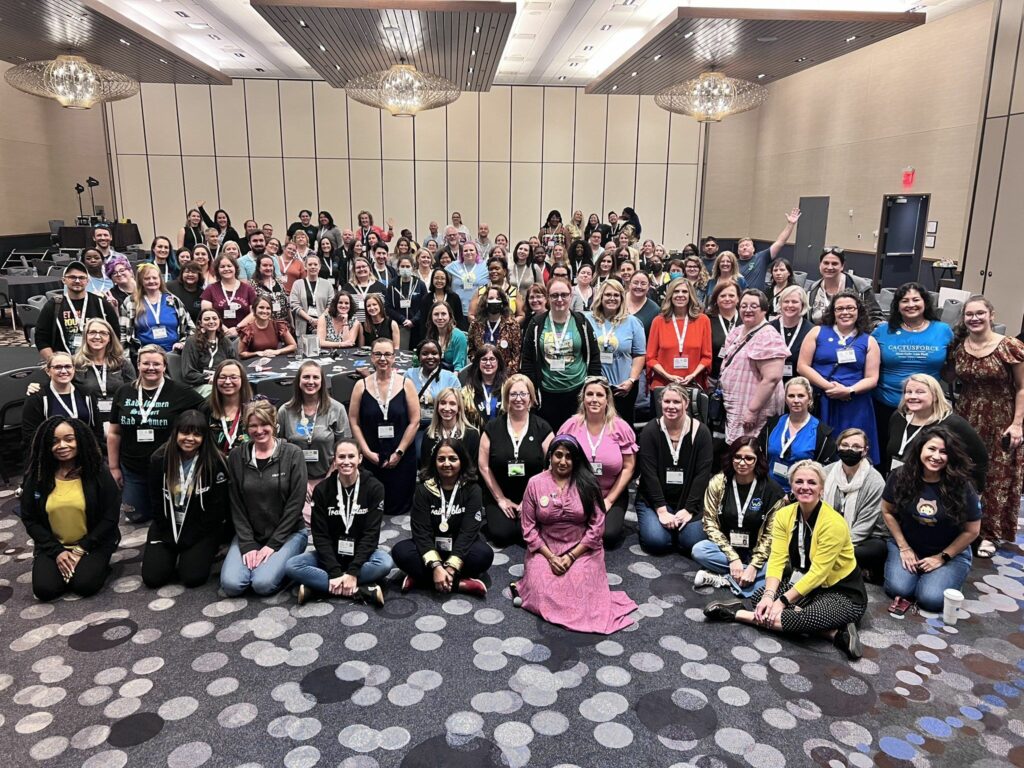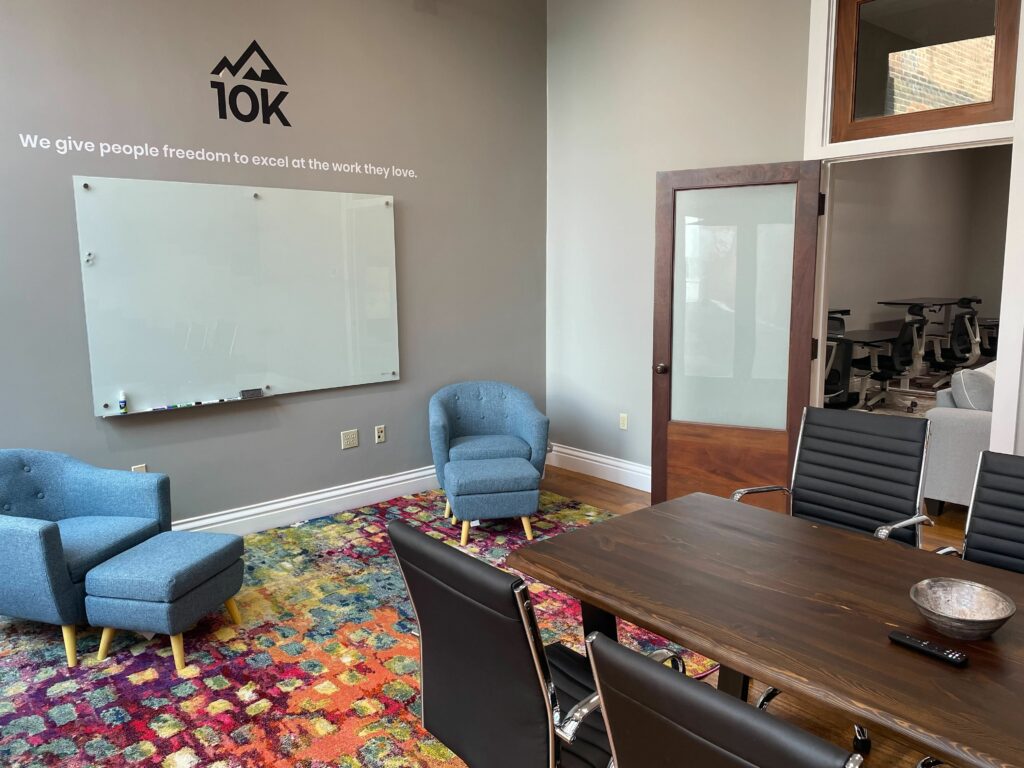Our team had the opportunity to sponsor and attend not only one but two amazing conferences last week: Midwest Dreamin’ and WITness Success.
After a two-year long hiatus from in-person events, we were grateful and raring to get back in action. We met some amazing people, reconnected with friends, and raffled off some delicious 10K Buffalo Trace. The energy, excitement, and hope left us buzzing.
WITness Success Allies Dinner
Friday evening was a top highlight of my week in Minneapolis. For the unfamiliar, WITness Success is a two-day event dedicated to empowering, supporting, and investing in the Salesforce Women in Tech user group members and leaders.
That night, I had the honor of moderating a panel of powerful, inspiring, and all-around impressive women at the WITness Success Allies Dinner. It was an incredibly moving experience. This group of career-driven and altruistic women offered the vulnerability to tell real stories about their triumphs, setbacks, hopes, and frustrations.
The reality is that women in tech face an uphill battle their male counterparts do not. In recent years our industry has finally recognized this as a fact and that’s certainly progress, but there is still more work to be done. Our women peers need more effective allies to bring about real change.
Here are the most important things I learned from our conversations.
Actions don’t have to be tremendous to be impactful
The idea of perfection or achieving big results tends to paralyze us into sitting on the sidelines.
It goes something like, “Well, if I can’t do XYZ at this scale or reach “this number” of people, then is it even worth it?”
We’ve all been there. However, the truth is that even small acts can make a big difference. Impacting one person makes a difference. Aim to focus less on achieving the ideal outcome and just reach out. Opening one door can lead to a world of opportunity.
One of our panel members said it perfectly, “Just say, yo!” Check-in on your people and provide support where and when you can.
What it takes for allies to do tremendous things
It takes the intention to go above and beyond to help someone. Allies can make a huge impact by daring to be bold in their actions and words. Use self-awareness to detect real-time opportunities to speak up or make connections. It’s all about follow-through.
Allyship isn’t just for men
It’s everyone’s responsibility to inspire and create change. You don’t have to be in a position of power to give others power. There is room for all of us to be better allies for each other.
It takes courage to be an ally (or to be helped by one)
Sometimes we’re scared of saying, doing, asking, or offering the wrong thing to people who need help. That’s why it feels easier to not do anything at all. On the flip side, it’s difficult being the one who needs to ask for or receive help. It’s scary to be vulnerable.
Courage is key to both allies and the people who need them. Being bold is the way to unlock achievements for not only others but also yourself. Embracing vulnerability creates an opportunity for real growth.
A special thank you
I want to thank Gabriela Pedroni for organizing the WITness Success Allies Dinner, Melinda Smith for believing in and supporting the concept, and all of the incredible women who shared their stories. We sincerely missed Jocelyn Fennewald – much of this materialized after our conversation at WITness Success 2019. Until next year, remember to “Just say, yo!”



